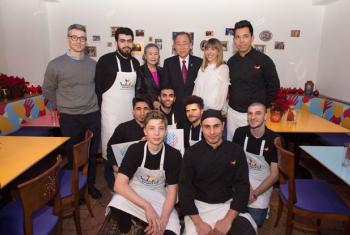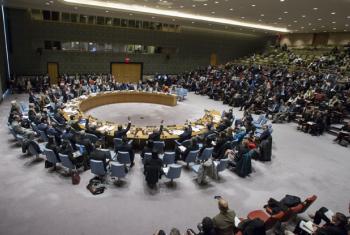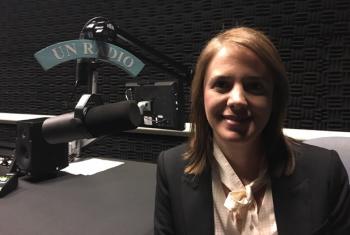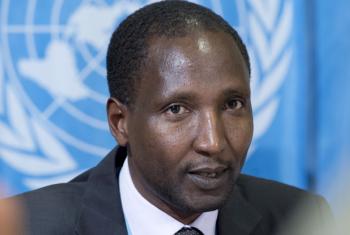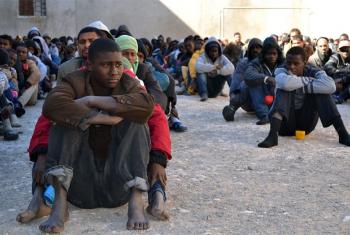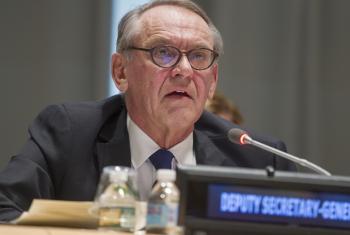Viennese restaurant turns Syrian refugees into “entrepreneurs”
A new “fusion” restaurant in the Austrian capital Vienna, has found the special ingredient to turn Syrian refugees into budding entrepreneurs with a chance to open their own businesses.
That’s the dream of the founder of Habibi & Hawara, Katha Schinkinger, who was host to a special patron on his last overseas trip as UN Secretary General: Ban Ki-moon, in early December.

